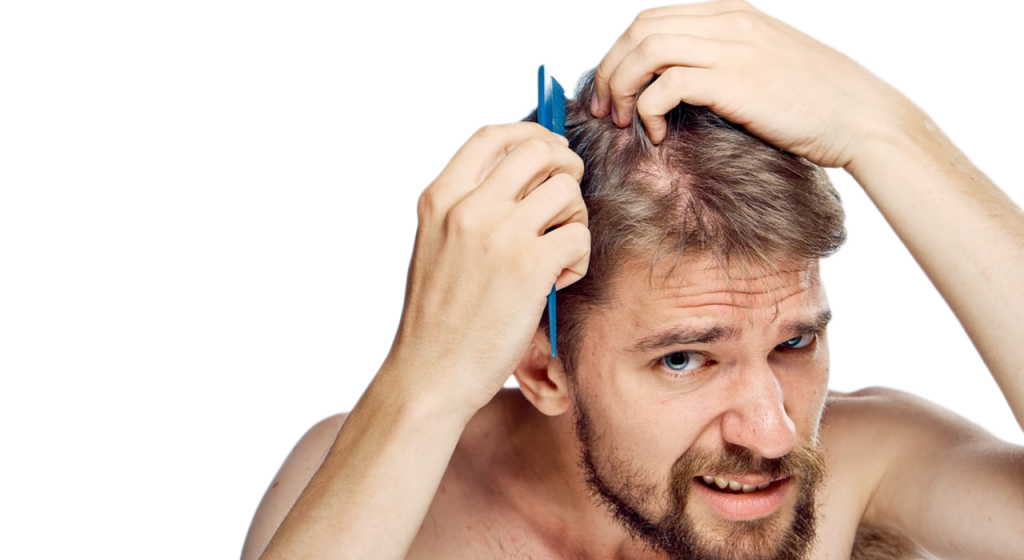Doctor Said I’m Not A Hair Transplant Candidate What Next?

I’m a 24-year-old male, and I have a Norwood 5 diffuse hair loss pattern. I have been researching hair transplants for quite some time, but recently had a significant setback. I submitted my photos to several surgeons online who told me I am not a suitable hair transplant candidate. What else can I do? Should I go in person? Give up hope? Please help.
Unfortunately, you are very young, with a significant amount of hair loss. You are undoubtedly a difficult case, even if a surgeon agrees to perform the procedure. There are several options available to you, but some of the options may not be as appealing.
Do Nothing, Accept it, And Move On
The cheapest and easiest option is always to accept your hair loss and move on. However, I understand that this option isn’t the most popular one, but it is never a bad option to do nothing and move on. Regardless of how you feel, shaving your head has become a societal norm. While some may feel they look better with hair, beauty is in the eye of the beholder.
Go To A Hair Transplant Surgeon In Person
Pictures can be deceiving, and your hair can look better or worse depending on the lighting, angle, and length of your hair. A hair transplant surgeon can only base their advice on the pictures you have provided. Make sure you always use natural lighting and stay away from flash photography. My suggestion is to find a qualified and most importantly an ethical hair restoration physician in your area and schedule an in-person.
Try Medication Therapy
There are treatments that slow, stop, and even regrow hair for some individuals. Unfortunately, no treatment can restore your hair the way a successful hair transplant procedure would, but they are still worth trying.
Propecia (finasteride)
Propecia (finasteride) is the most effective hair loss treatment available to date. However, the use of Propecia has been a heavily debated topic on hair loss forums for the past twenty years. Propecia works by lowering your DHT. DHT is the hormone responsible for causing male pattern baldness. As a result, some users experience adverse side effects, which include brain fog, other cognitive disorders, and sexual dysfunction.
Rogaine (minoxidil)
Rogaine is by far the most popular hair loss solution. In fact, chances are you heard about Rogaine before you started losing your hair. However, Rogaine isn’t the most effective drug to treat hair loss. Rogaine is a topical solution that is applied once or twice a day. Rogaine prolongs the growth phase of your hair follicles while increasing blood and oxygen on your scalp. In conclusion, Propecia and Rogaine are the only two medications that have been approved by the FDA to treat androgenic alopecia (genetic hair loss).
